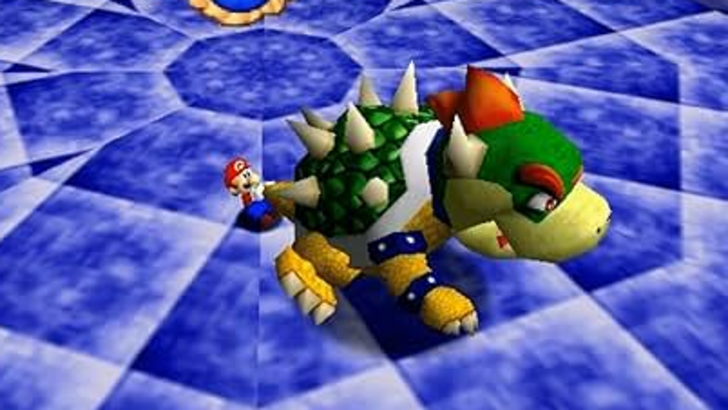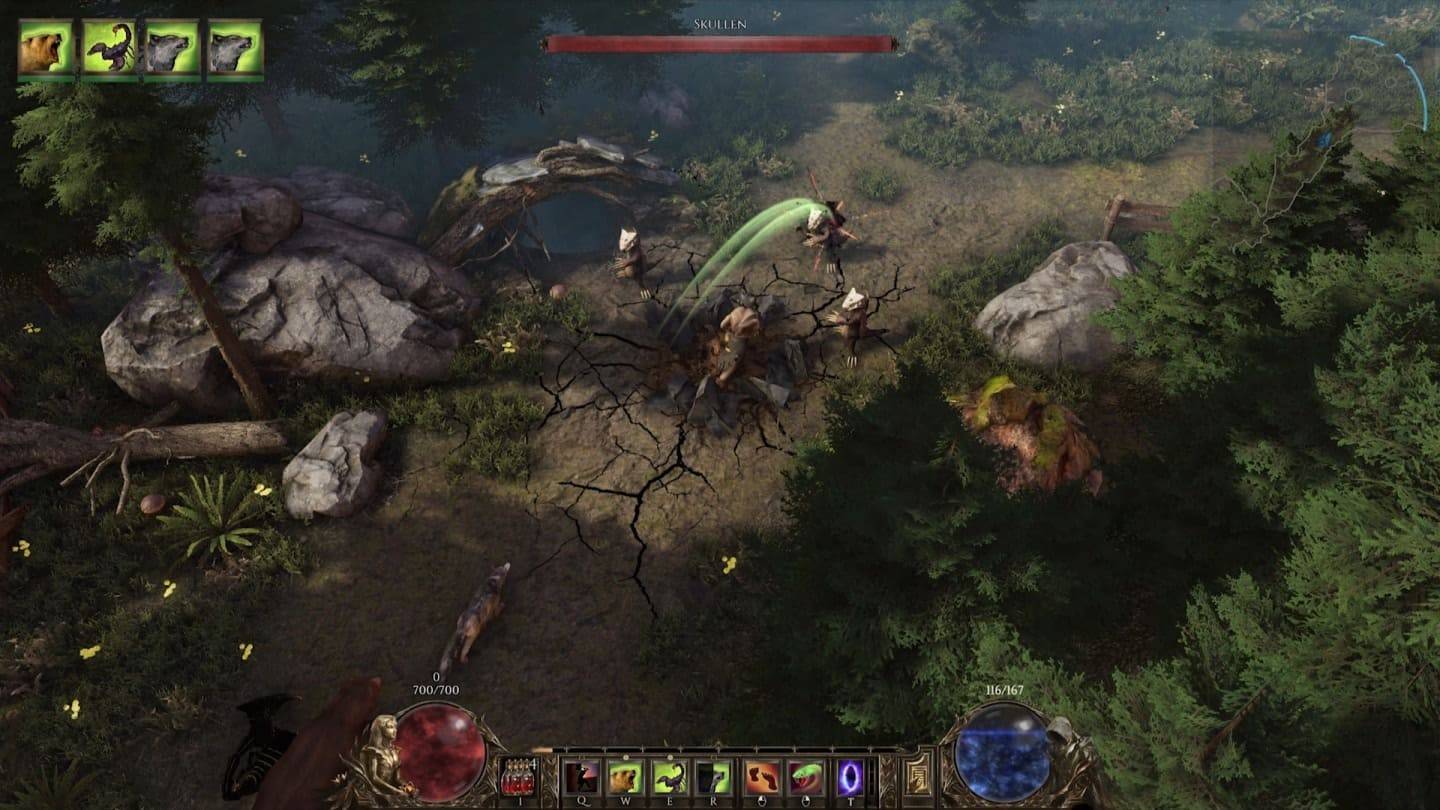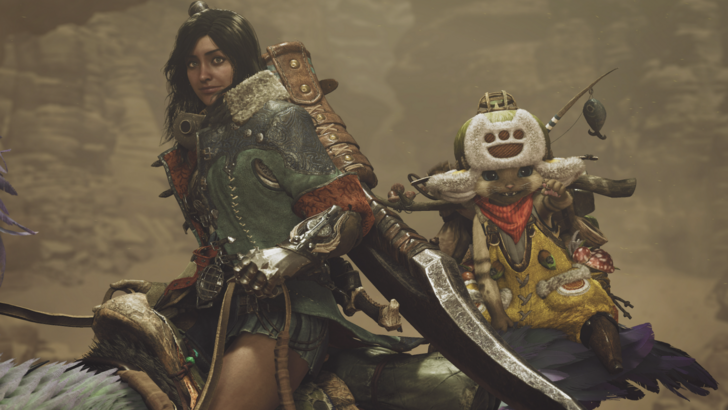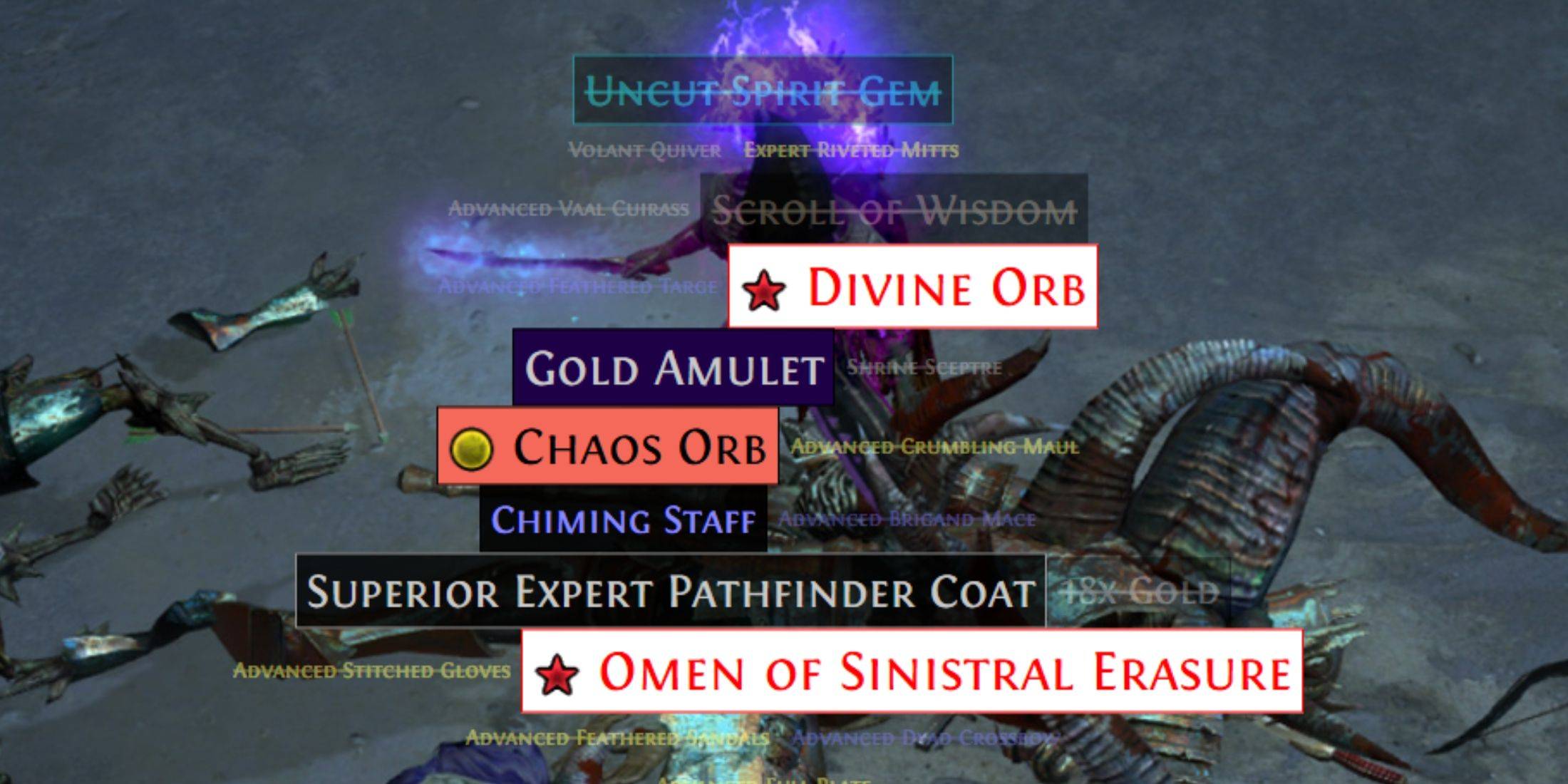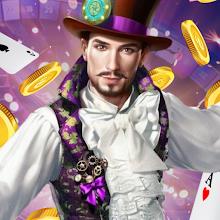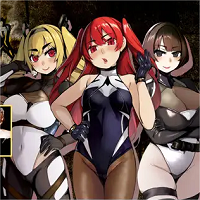Will Wright's early *Sims* games were brimming with charming details, immersive mechanics, and quirky surprises that later iterations sadly lacked. From deeply personal memory systems to uniquely interactive NPCs, these lost features were key to the original games' magic. But as the series evolved, many beloved elements faded. This article fondly revisits the forgotten gems of the first two *Sims* games – features fans still cherish and yearn to see return.
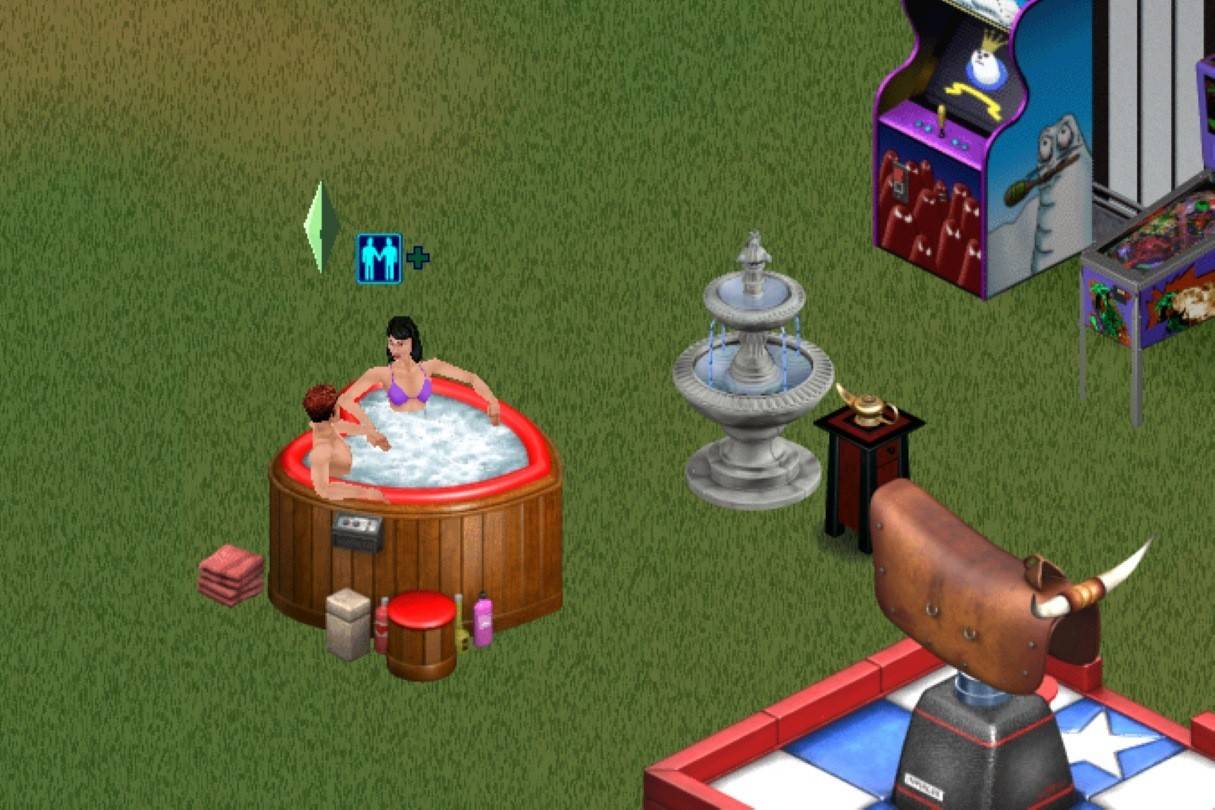 Image: ensigame.com
Image: ensigame.com
Table of Contents
The Sims 1
Authentic Plant Care
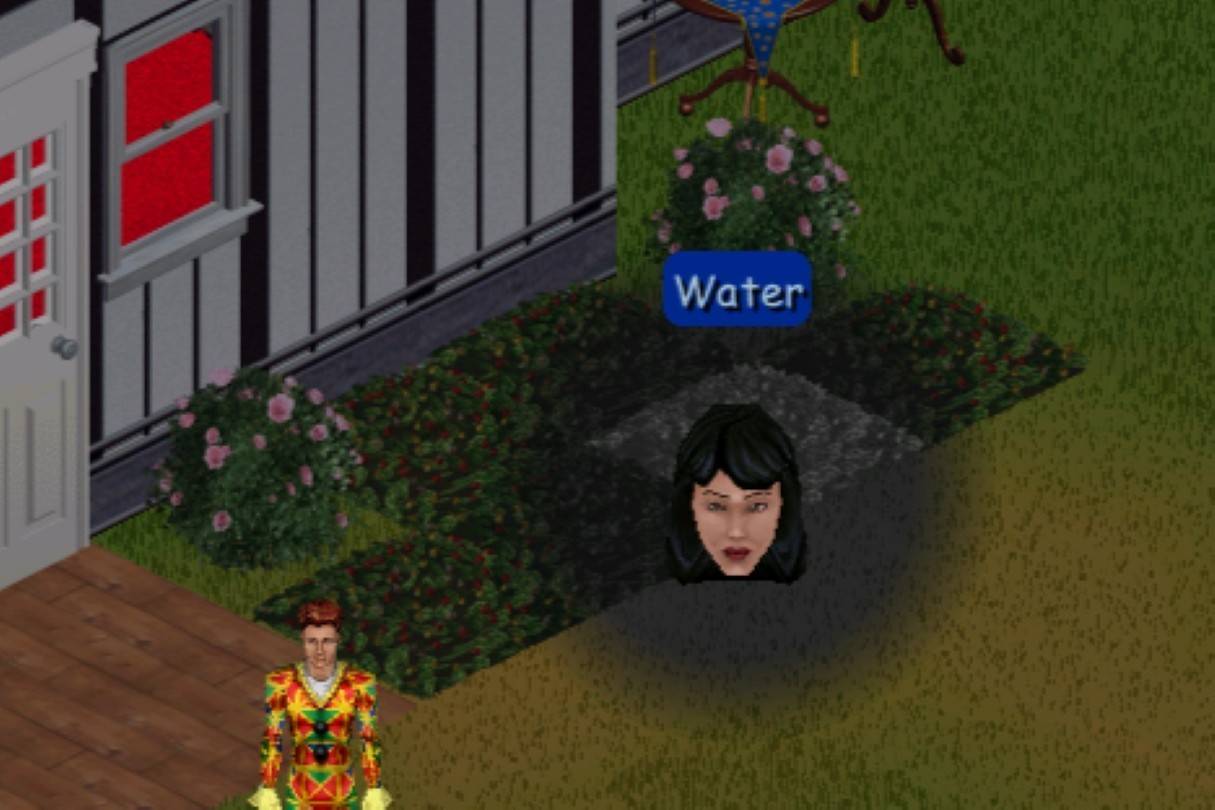 Image: ensigame.com
Image: ensigame.com
In the original Sims, certain indoor plants needed regular watering to thrive. Neglecting them caused wilting, impacting home aesthetics and lowering the "Room" need, subtly encouraging players to maintain their Sims' living spaces.
Can’t Pay, Can’t Eat!
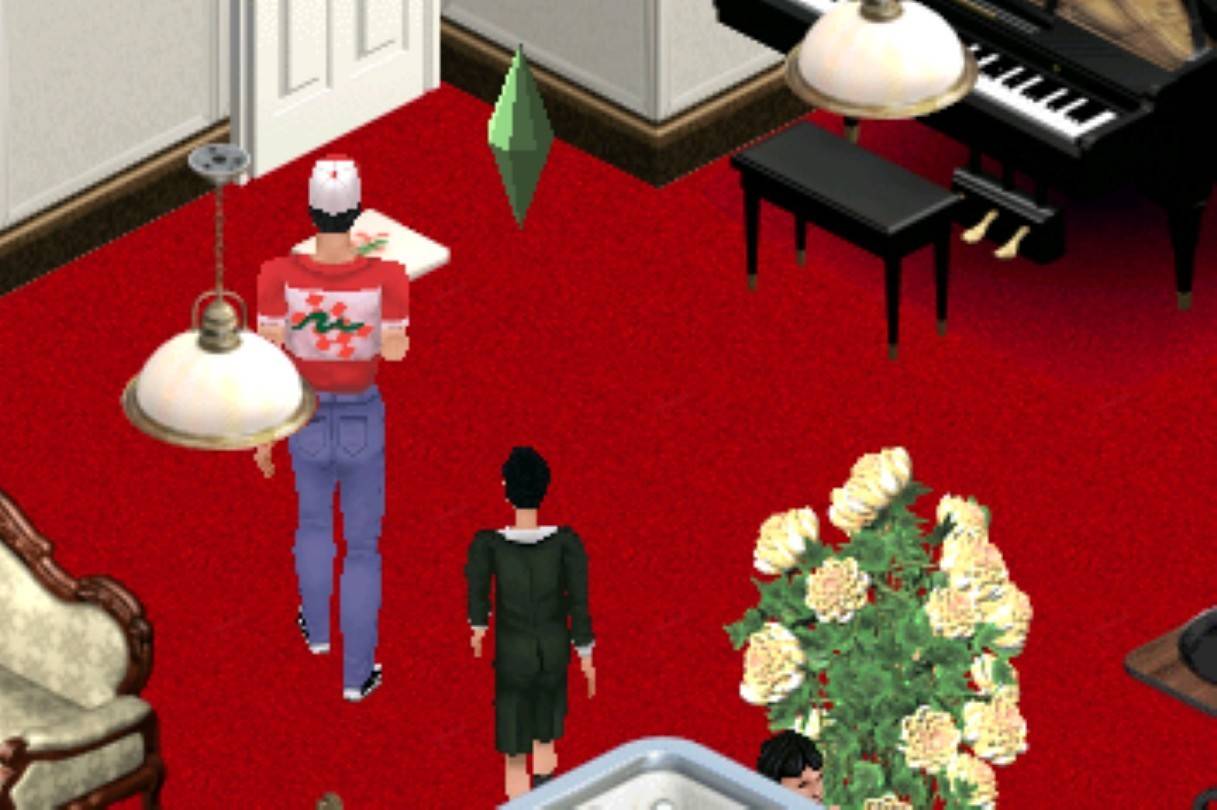 Image: ensigame.com
Image: ensigame.com
Freddy, the pizza guy, reacted realistically to unpaid orders. Instead of simply leaving, he'd dramatically reclaim the pizza, adding a touch of quirky realism.
A Genie’s Unexpected Gift
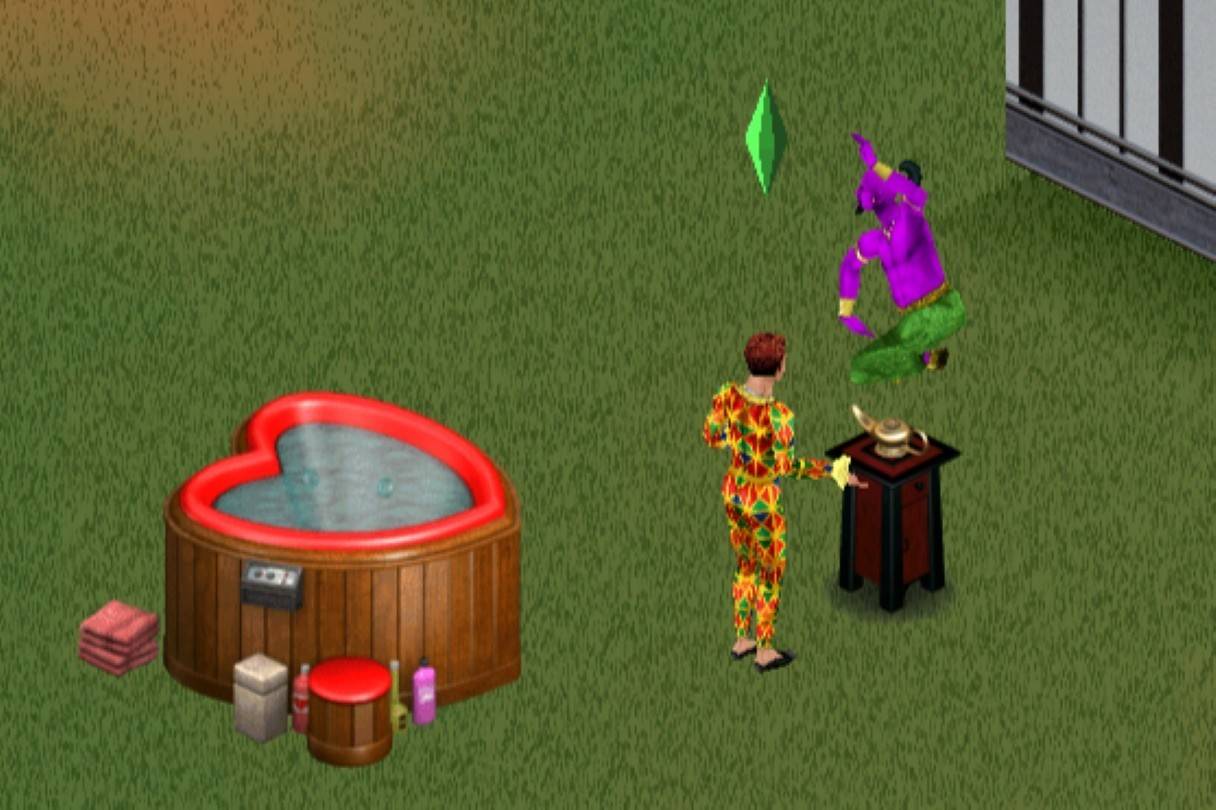 Image: ensigame.com
Image: ensigame.com
The genie lamp, usable once daily, offered various wishes with lasting effects. A surprising outcome of the "water" wish was the rare chance of receiving a luxurious hot tub – a delightful unexpected bonus, particularly impactful in self-imposed challenges.
The School of Hard Knocks
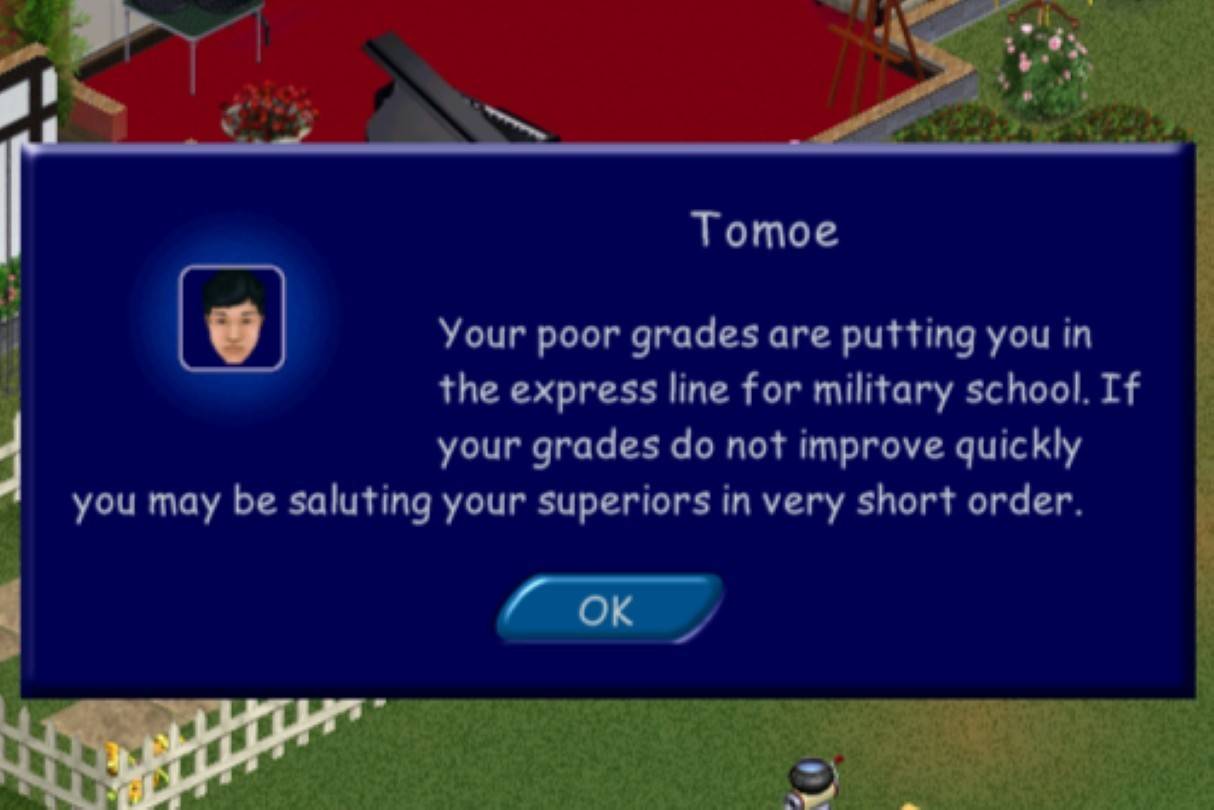
School performance had significant consequences. Excellent grades rewarded Sims with money from grandparents, while poor grades led to the harsh punishment of military school, removing the Sim from the household permanently.
Realistic WooHoo
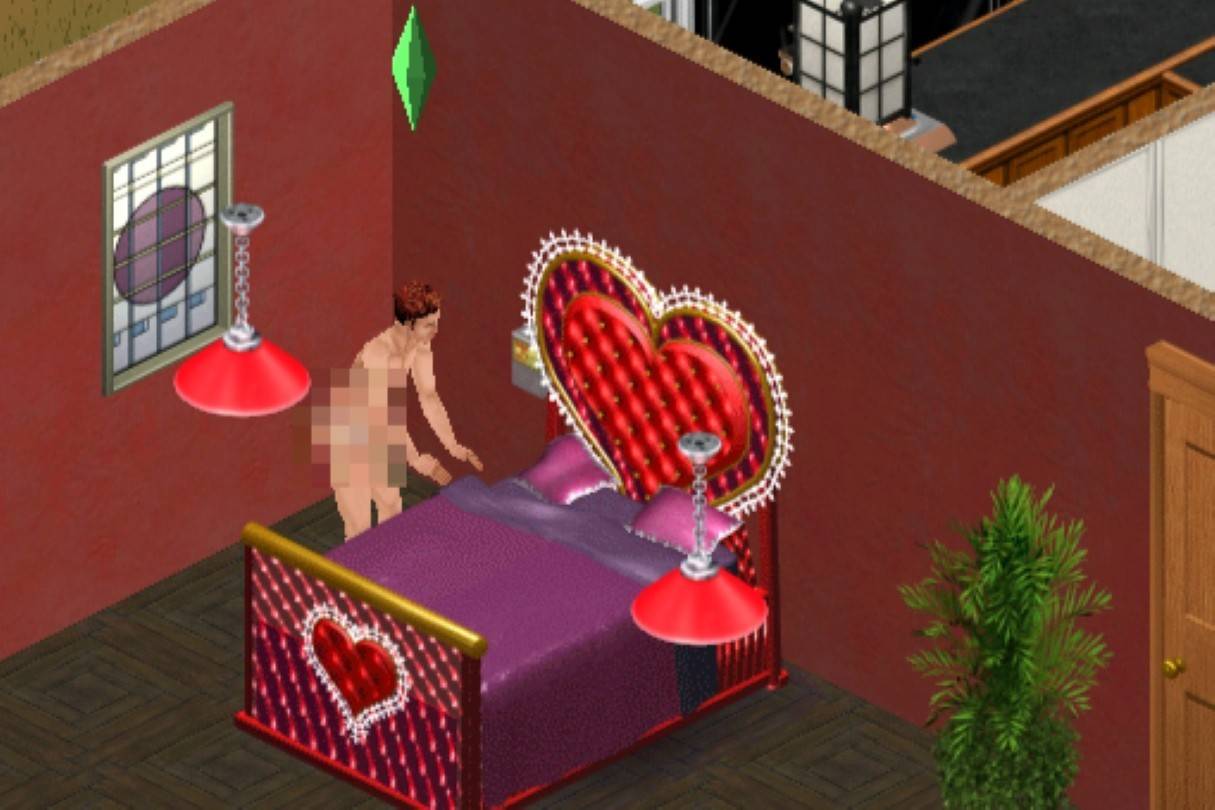 Image: ensigame.com
Image: ensigame.com
The "WooHoo" interaction featured a surprising level of realism for its time, with Sims undressing beforehand and exhibiting diverse post-interaction emotional reactions – from tears to laughter, reflecting a wider range of possible experiences.
Fine Dining
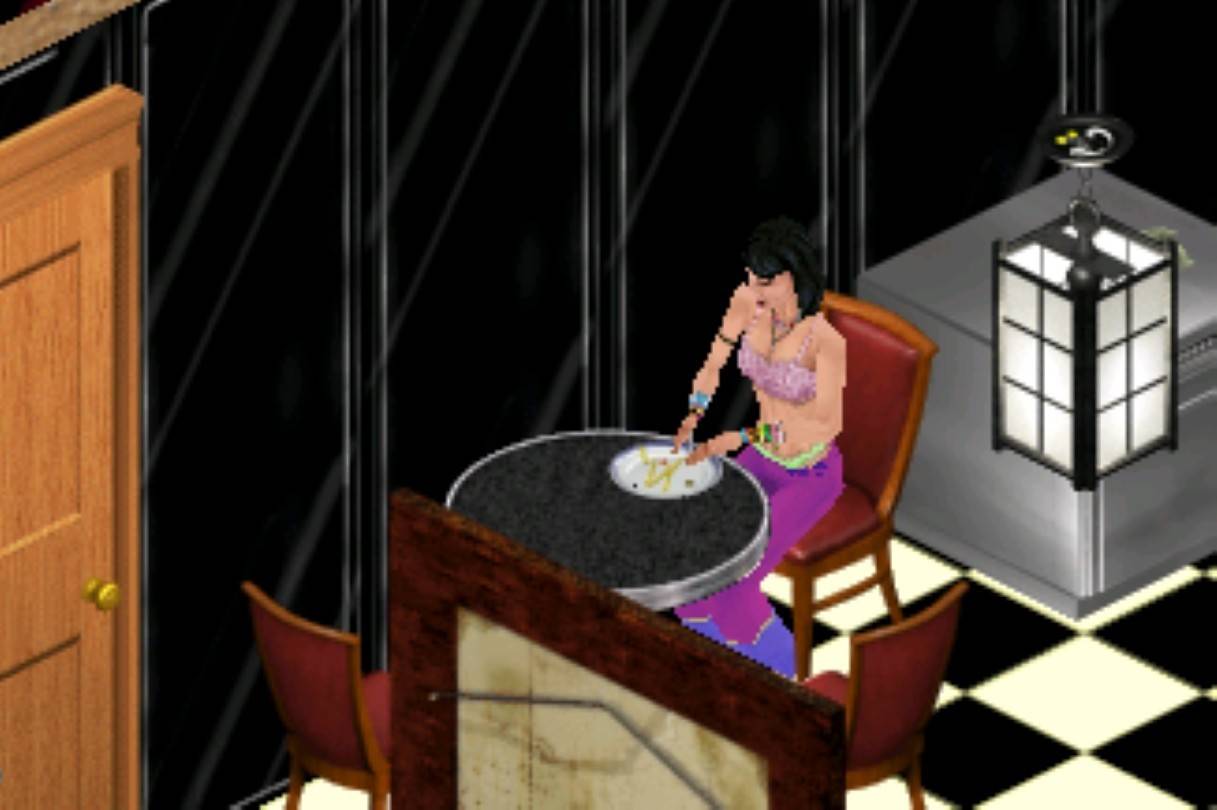 Image: ensigame.com
Image: ensigame.com
Sims used knives and forks correctly while eating, a sophisticated detail absent in later iterations.
Thrills and Spills
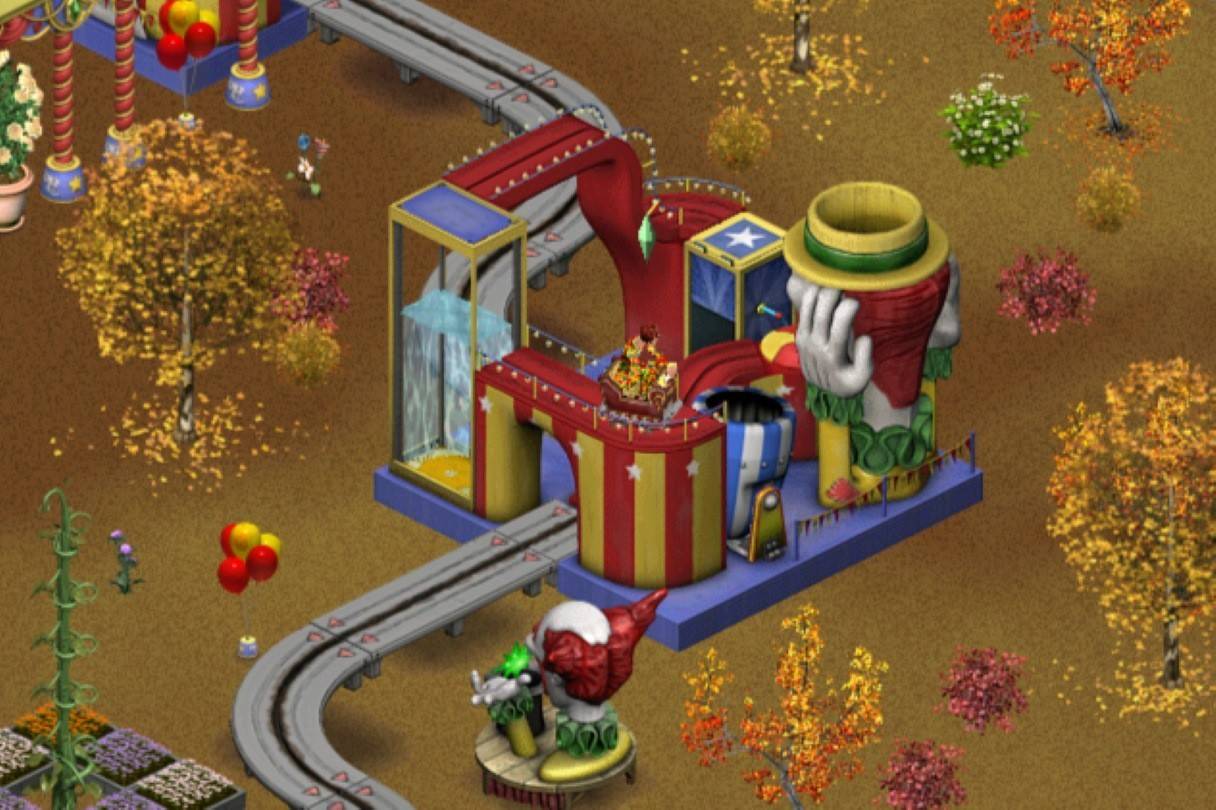 Image: ensigame.com
Image: ensigame.com
Makin’ Magic introduced roller coasters in Clowntastic Land and Vernon’s Vault, and players could even build their own on community lots, bringing high-octane fun to any part of their Sims' world.
The Price of Fame
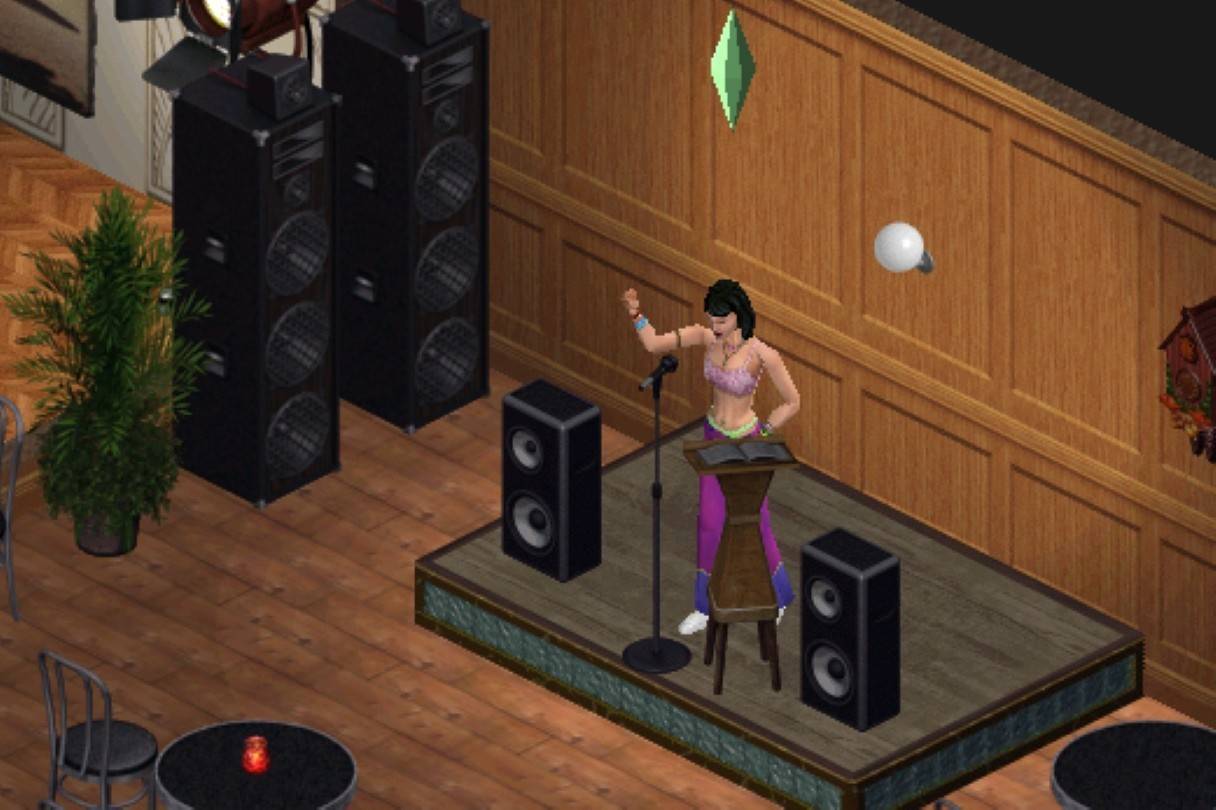 Image: ensigame.com
Image: ensigame.com
Superstar offered a dynamic fame system. Sims joined the SimCity Talent Agency, navigating a five-star Star Power system, where success depended on performances. Poor performance or absences could lead to being dropped by the agency, highlighting the precarious nature of fame.
Spellcasting in Makin’ Magic
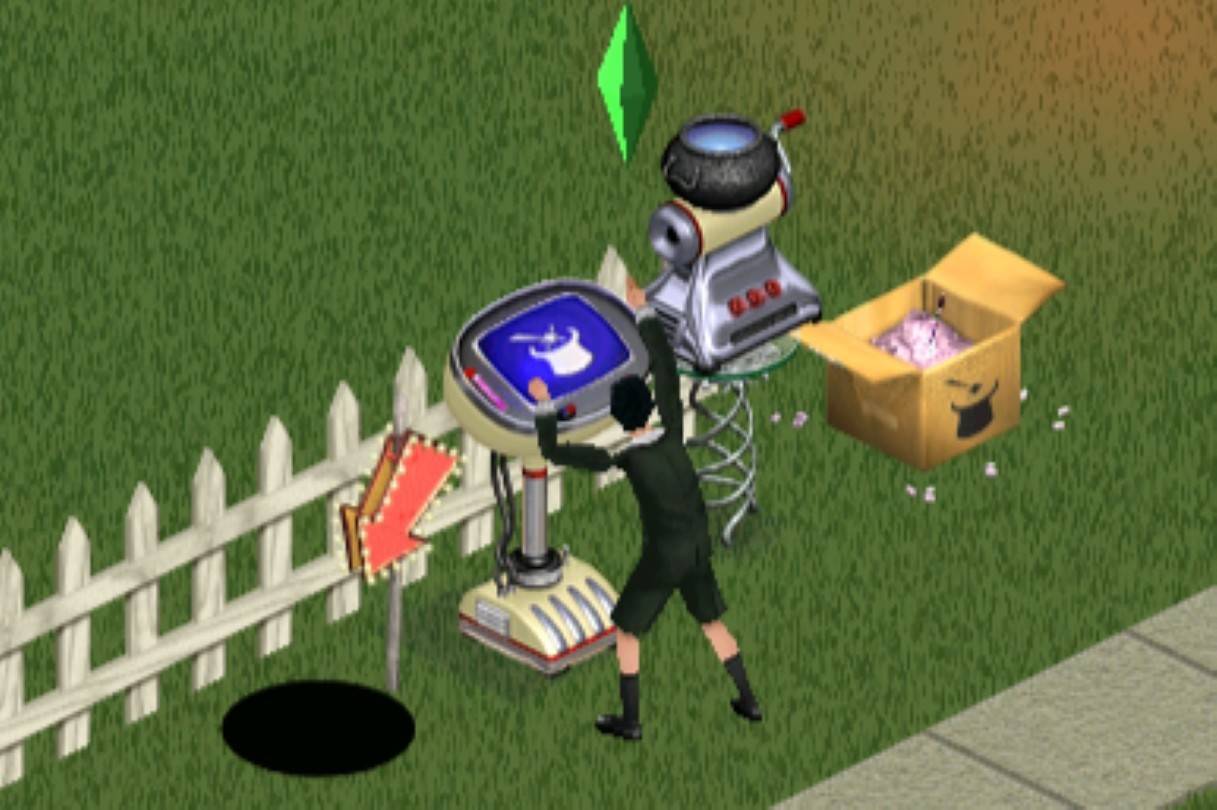 Image: ensigame.com
Image: ensigame.com
Makin’ Magic featured a detailed spellcasting system using ingredient combinations documented in The Start Here Spellbook, with spells for both adults and children—a unique feature to The Sims 1.
Singing Under the Stars
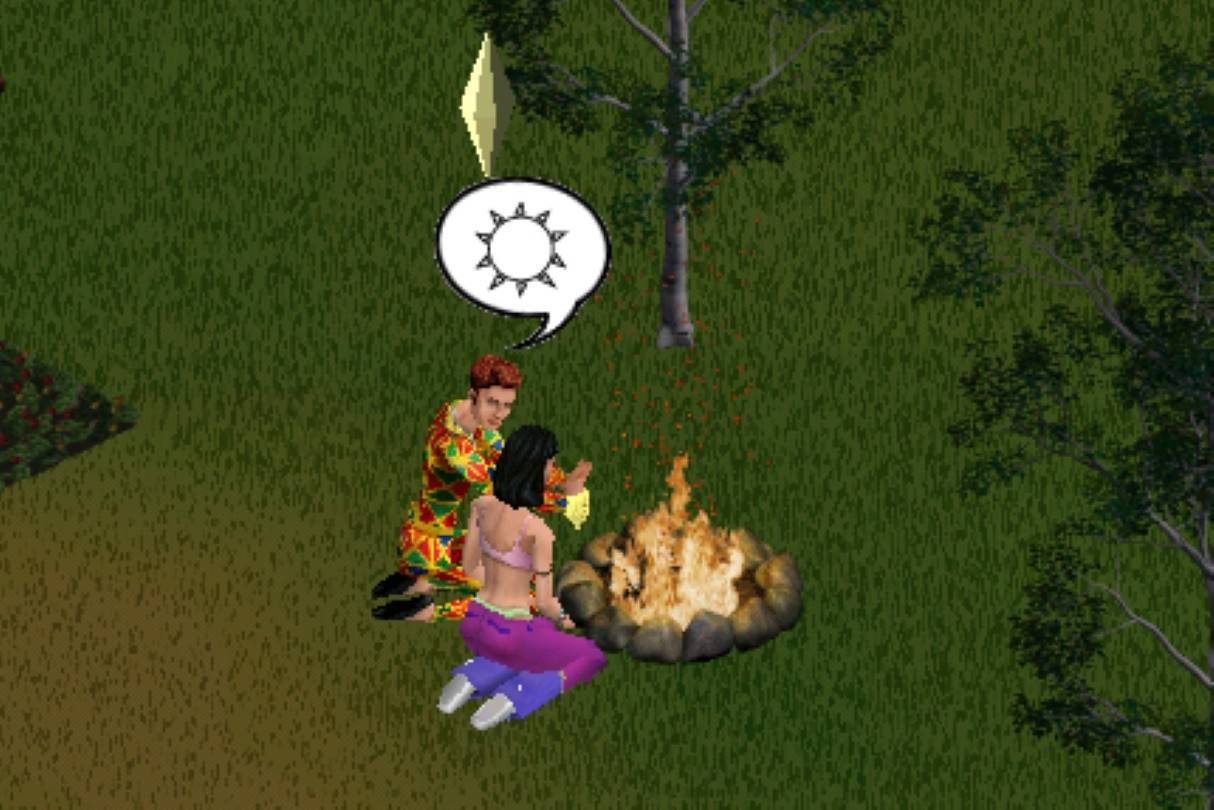 Image: ensigame.com
Image: ensigame.com
Sims could enjoy campfire singalongs with three different folk songs, adding a charming social dimension to outdoor gatherings.
The Sims 2
Running a Business
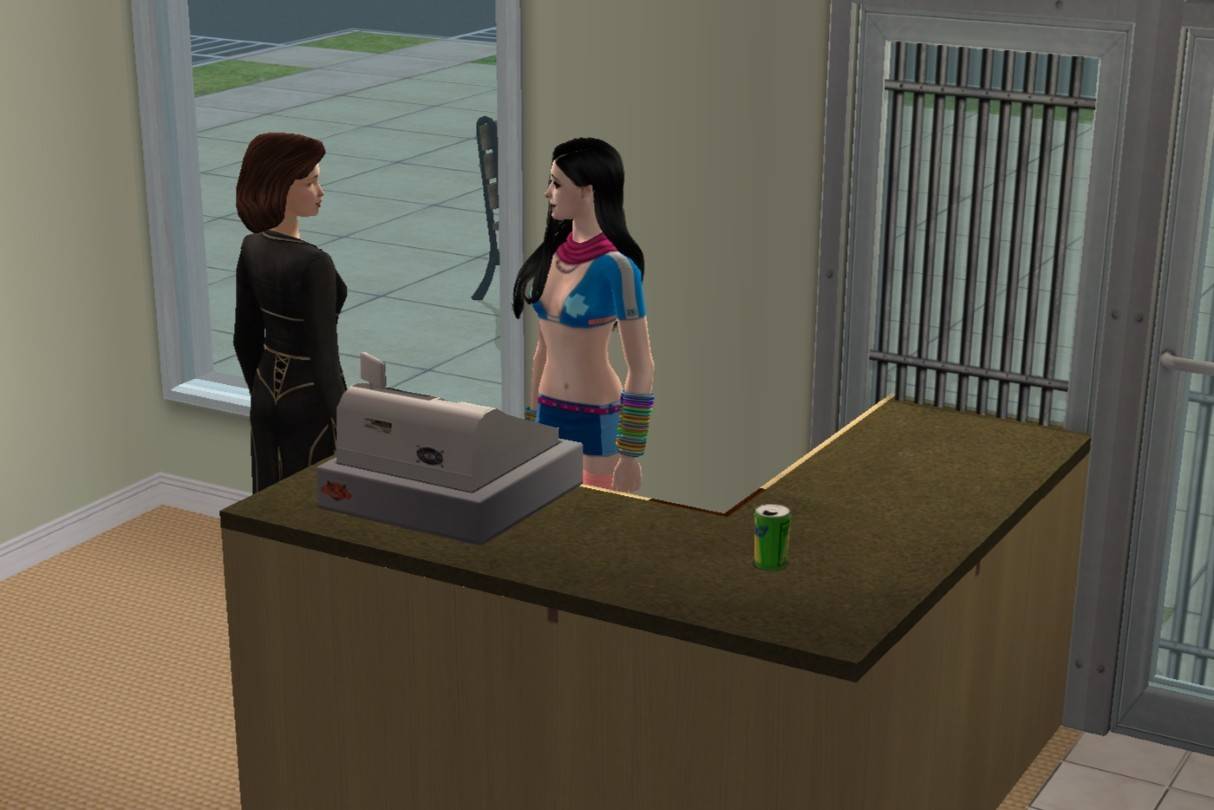 Image: ensigame.com
Image: ensigame.com
The Sims 2 introduced the ability to run businesses from home or dedicated venues, ranging from boutiques to restaurants. Managing employees and maintaining their motivation was crucial for success.
Higher Education, Higher Rewards
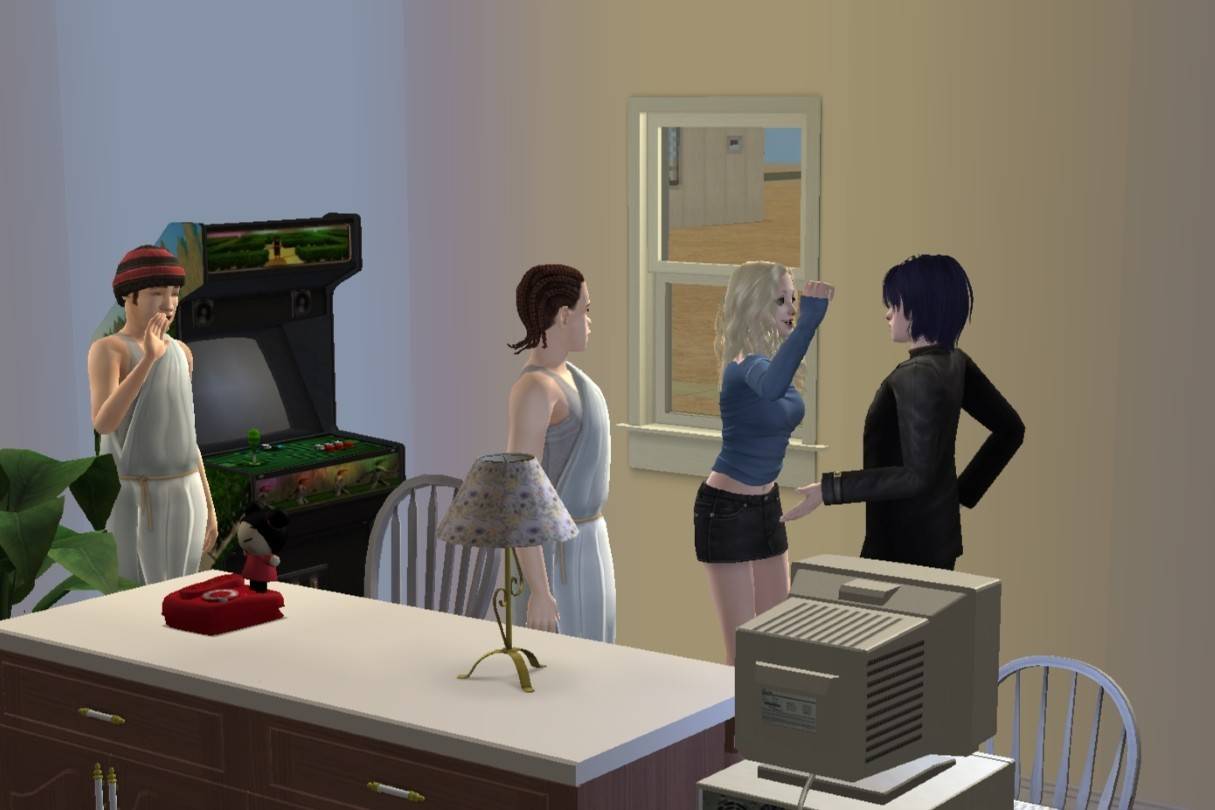 Image: ensigame.com
Image: ensigame.com
University allowed teens to attend college in a dedicated town, balancing academics with social life, and ultimately unlocking advanced career paths.
Nightlife
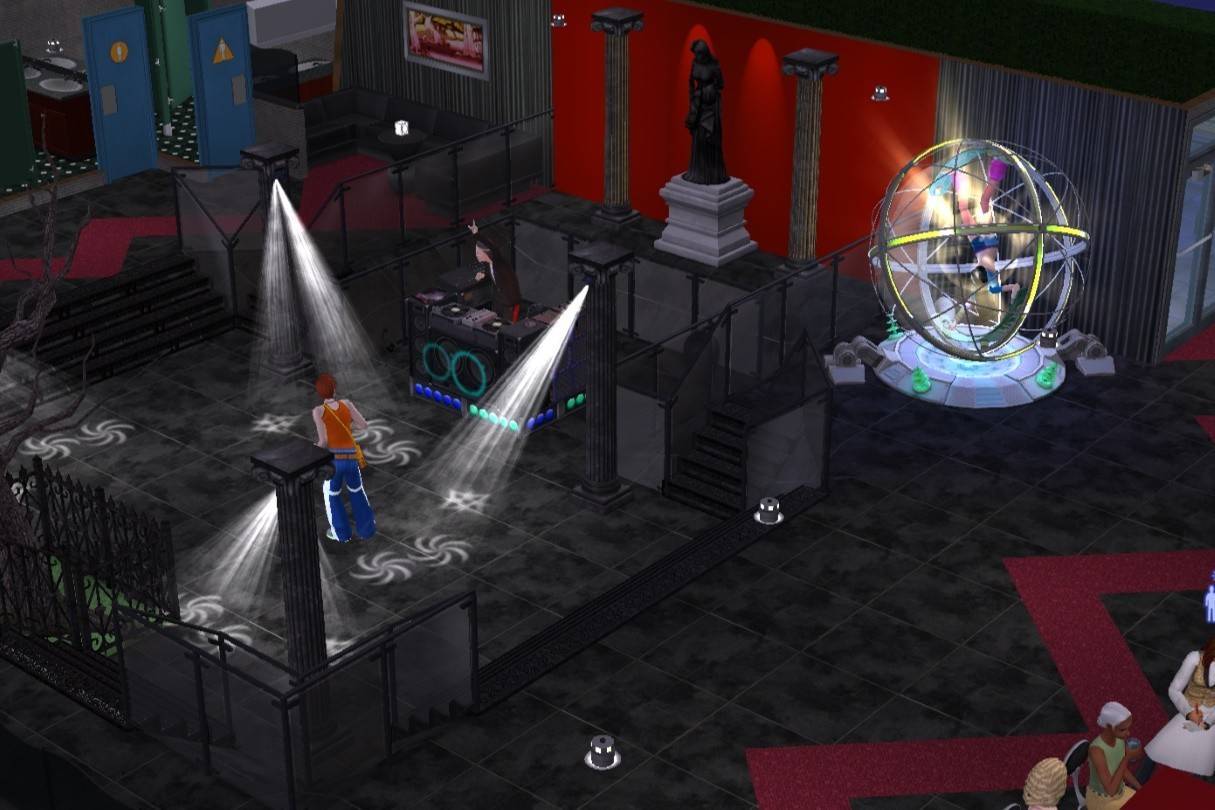 Image: ensigame.com
Image: ensigame.com
This expansion added inventories, new social interactions, and memorable characters like Mrs. Crumplebottom and vampires, enriching the social and romantic aspects of gameplay.
The Excitement of Apartment Life
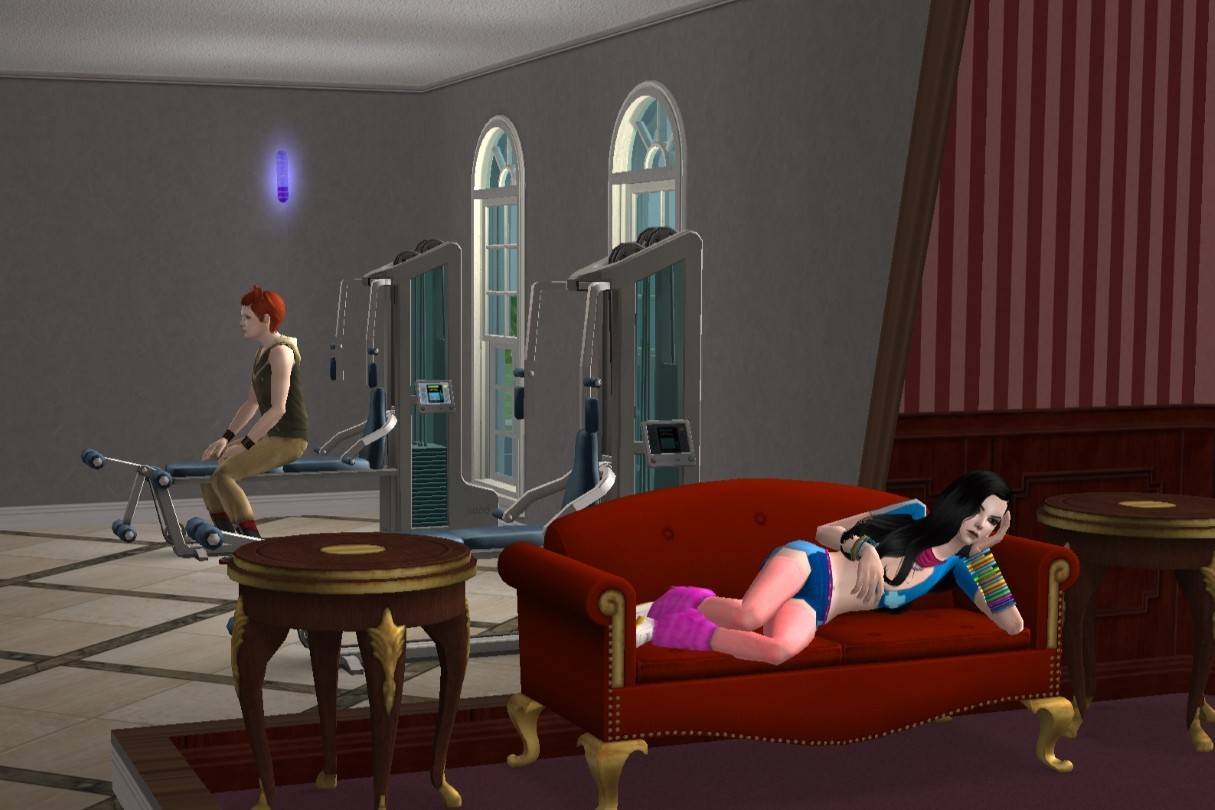 Image: ensigame.com
Image: ensigame.com
Apartment Life brought urban living to The Sims 2, with opportunities for socializing, career connections, and diverse living situations within apartment buildings.
Memories That Last, Love That Doesn’t
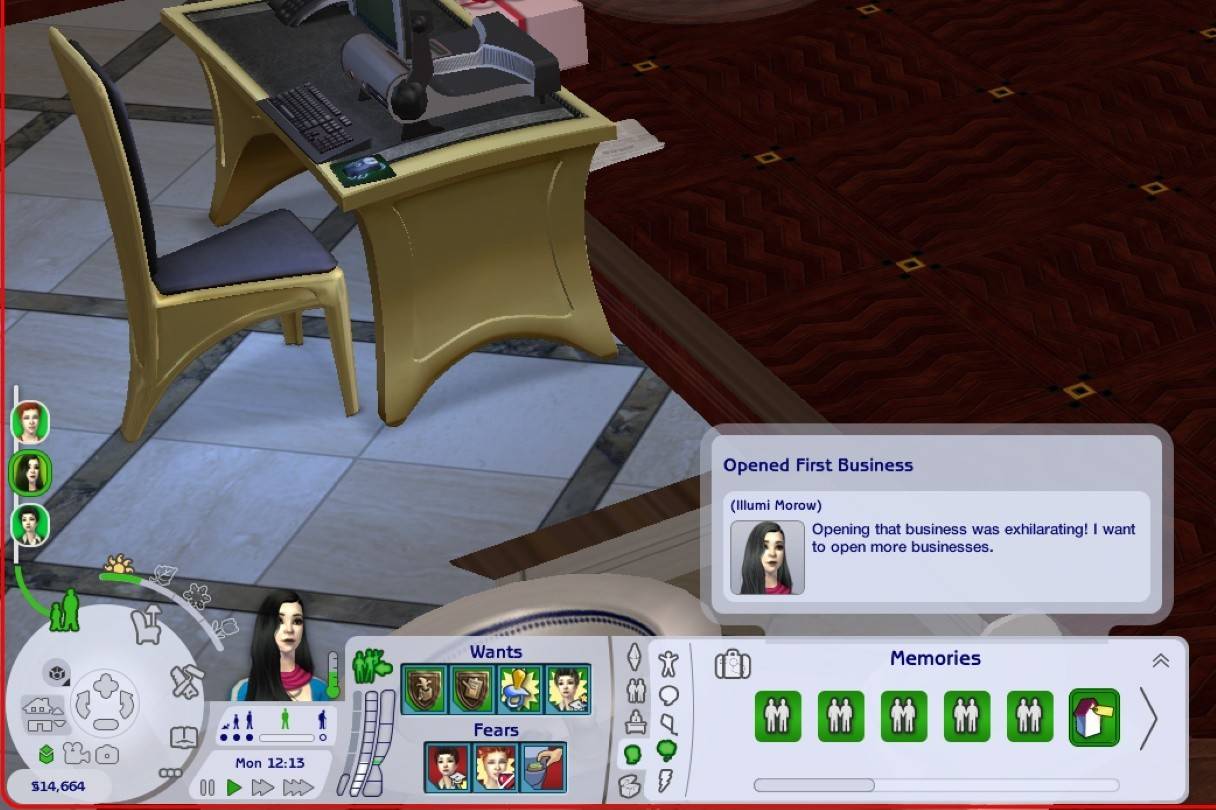 Image: ensigame.com
Image: ensigame.com
A sophisticated memory system tracked significant life events, shaping Sims' personalities and interactions. The possibility of unrequited love added realistic emotional depth.
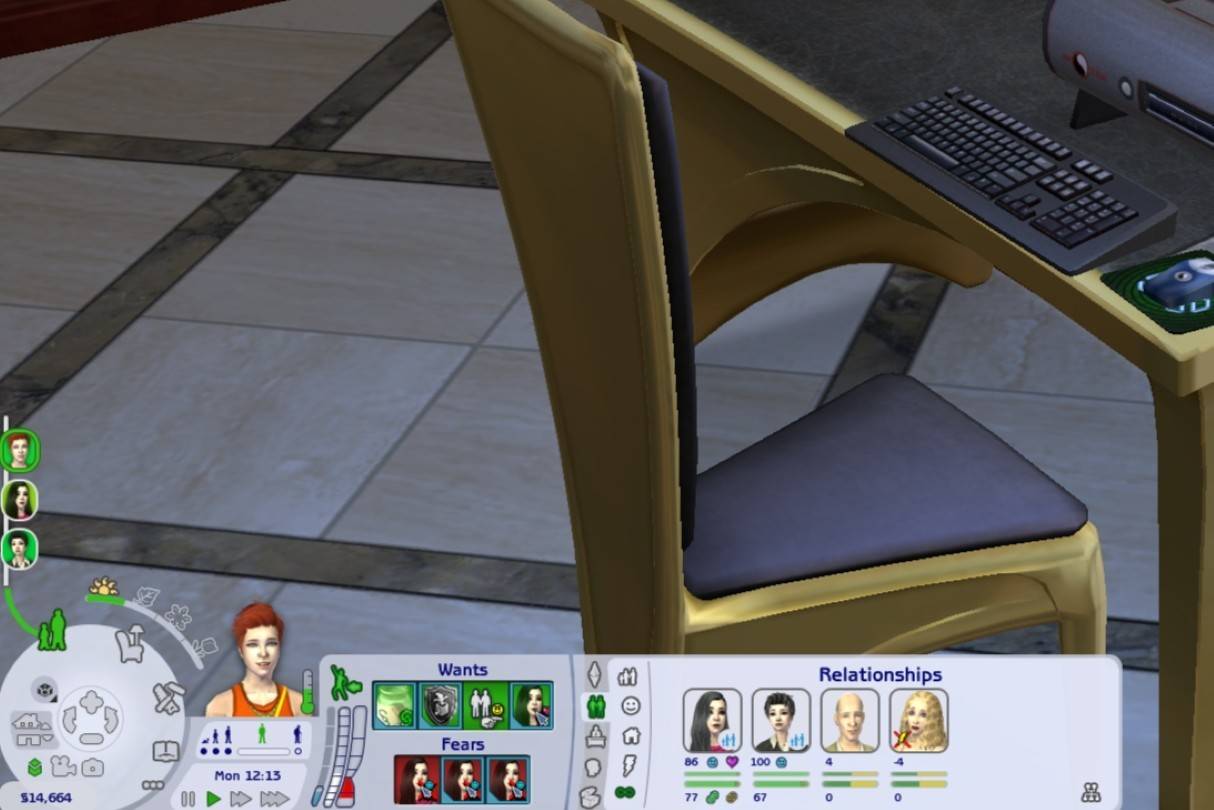 Image: ensigame.com
Image: ensigame.com
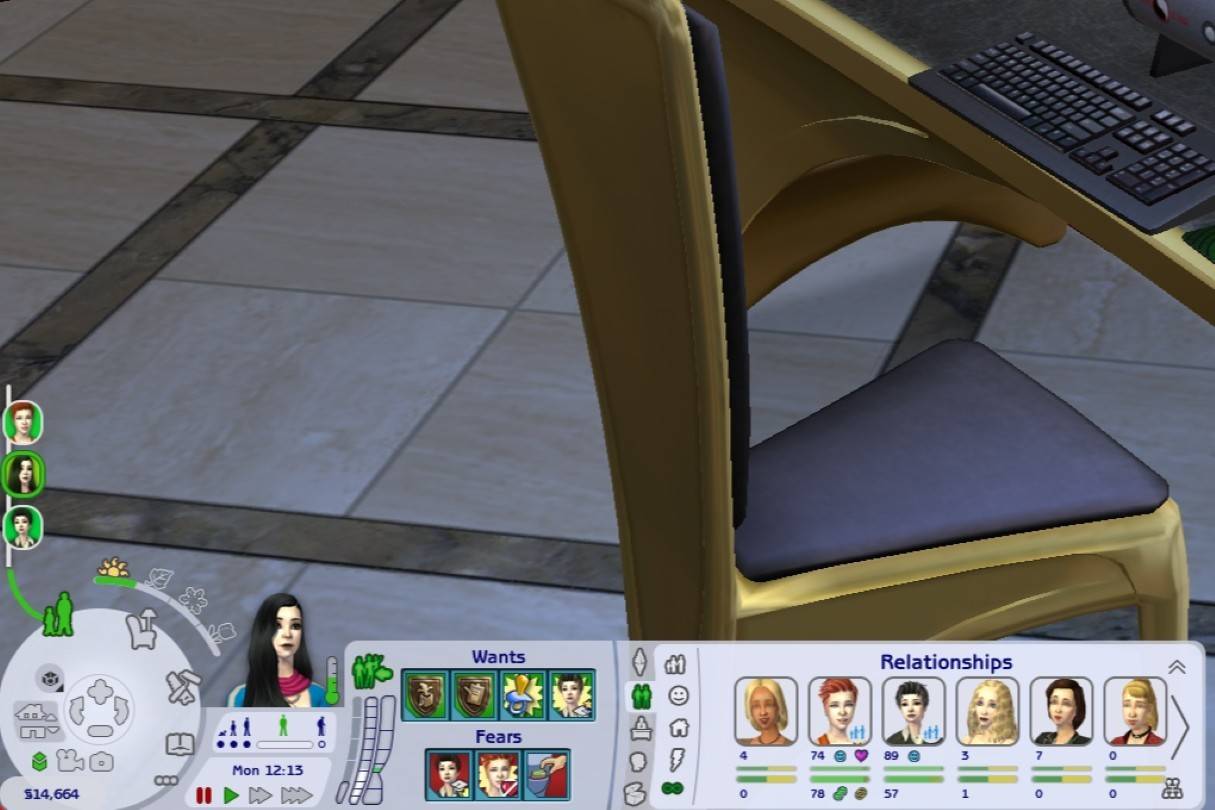 Image: ensigame.com
Image: ensigame.com
Functional Clocks
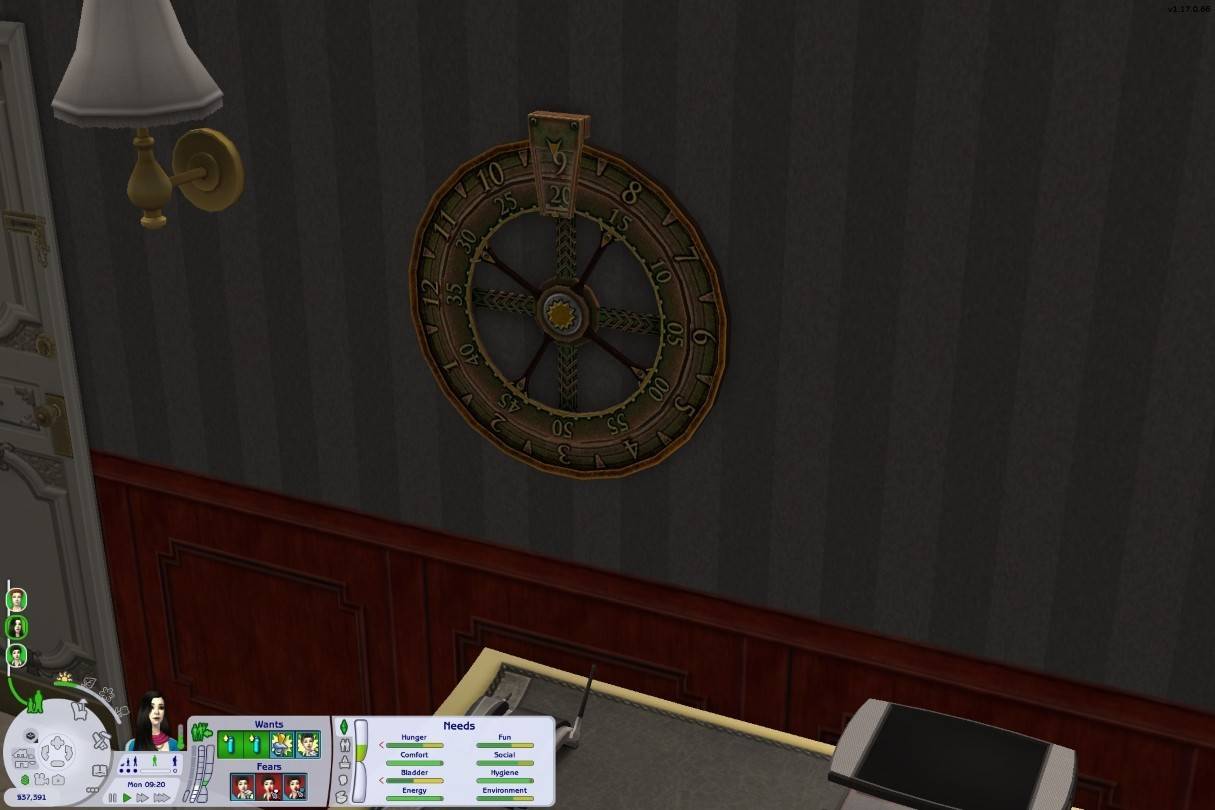 Image: ensigame.com
Image: ensigame.com
Clocks displayed real-time in-game time, providing a practical and immersive detail.
Shop ‘Til You Drop
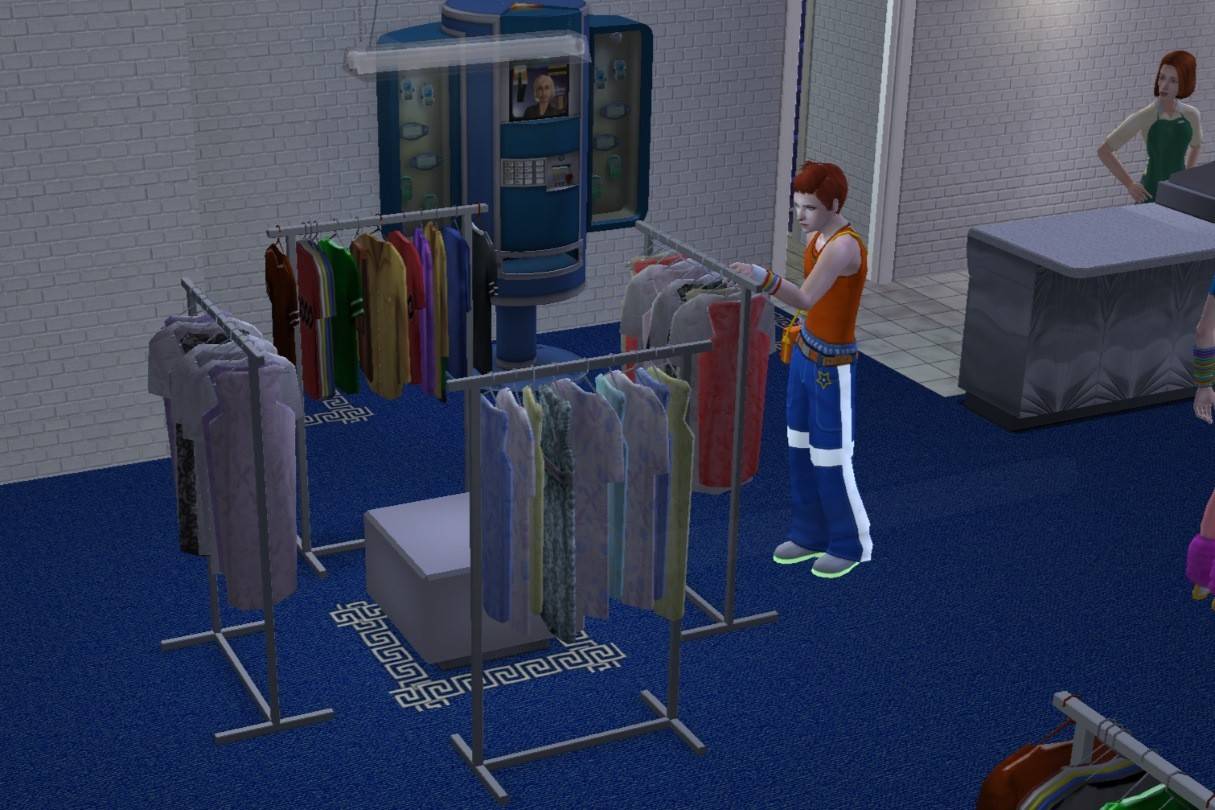 Image: ensigame.com
Image: ensigame.com
Sims needed to actively shop for food and clothing, adding a layer of realism absent in later games.
Unique NPCs
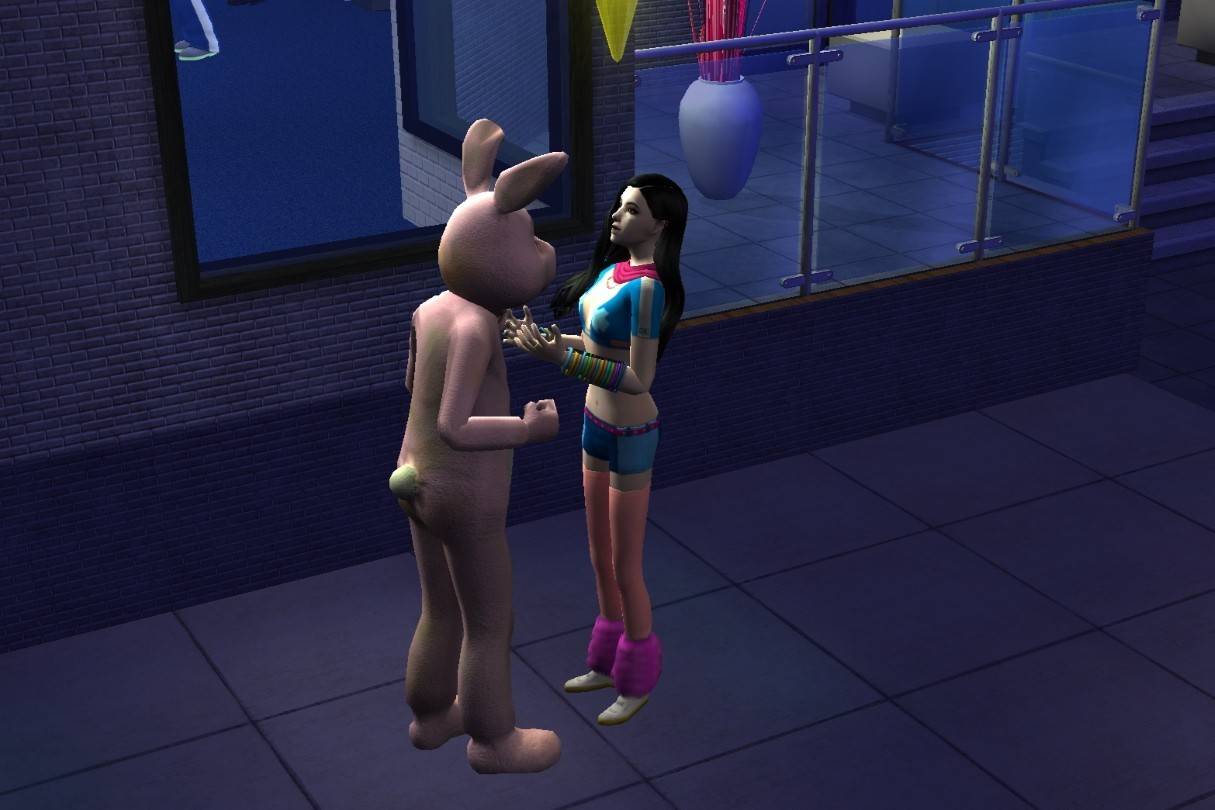 Image: ensigame.com
Image: ensigame.com
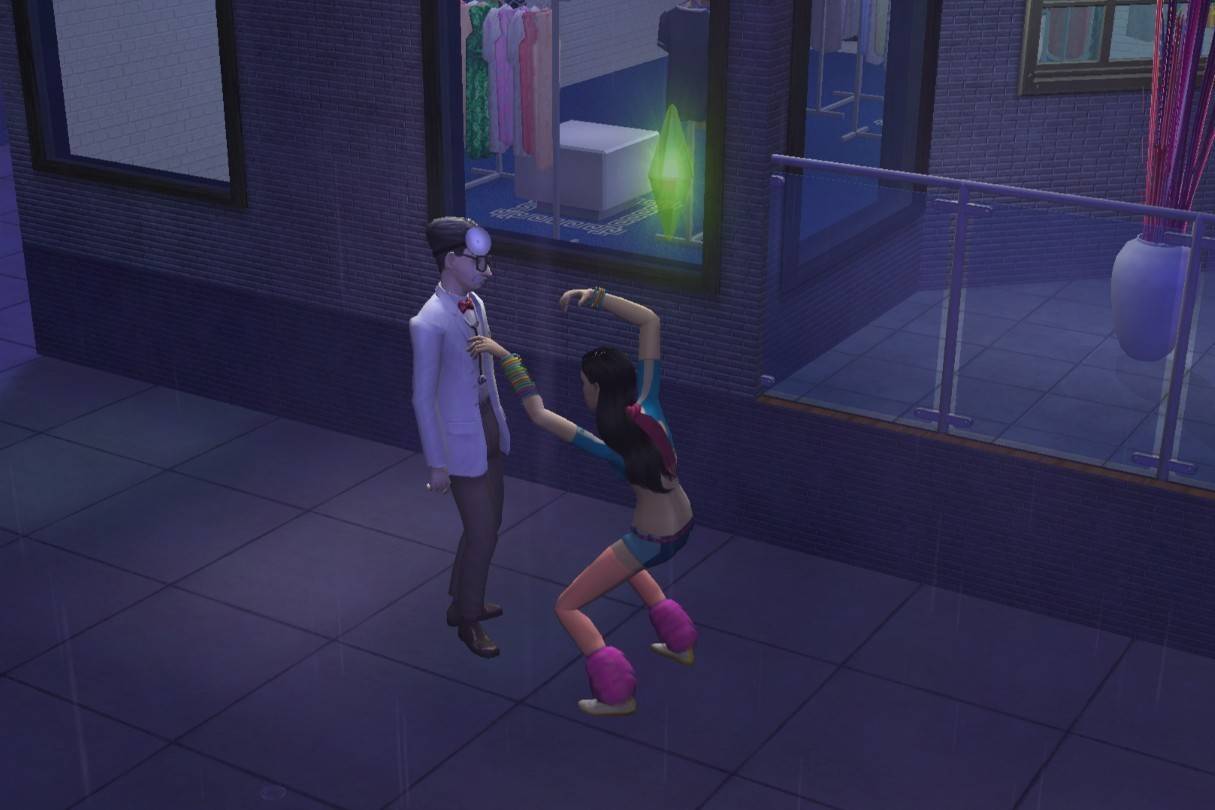 Image: ensigame.com
Image: ensigame.com
Memorable NPCs like the Social Bunny (appearing when social needs were low) and the Therapist (intervening during breakdowns) added unique and memorable interactions.
Unlocking Hobbies
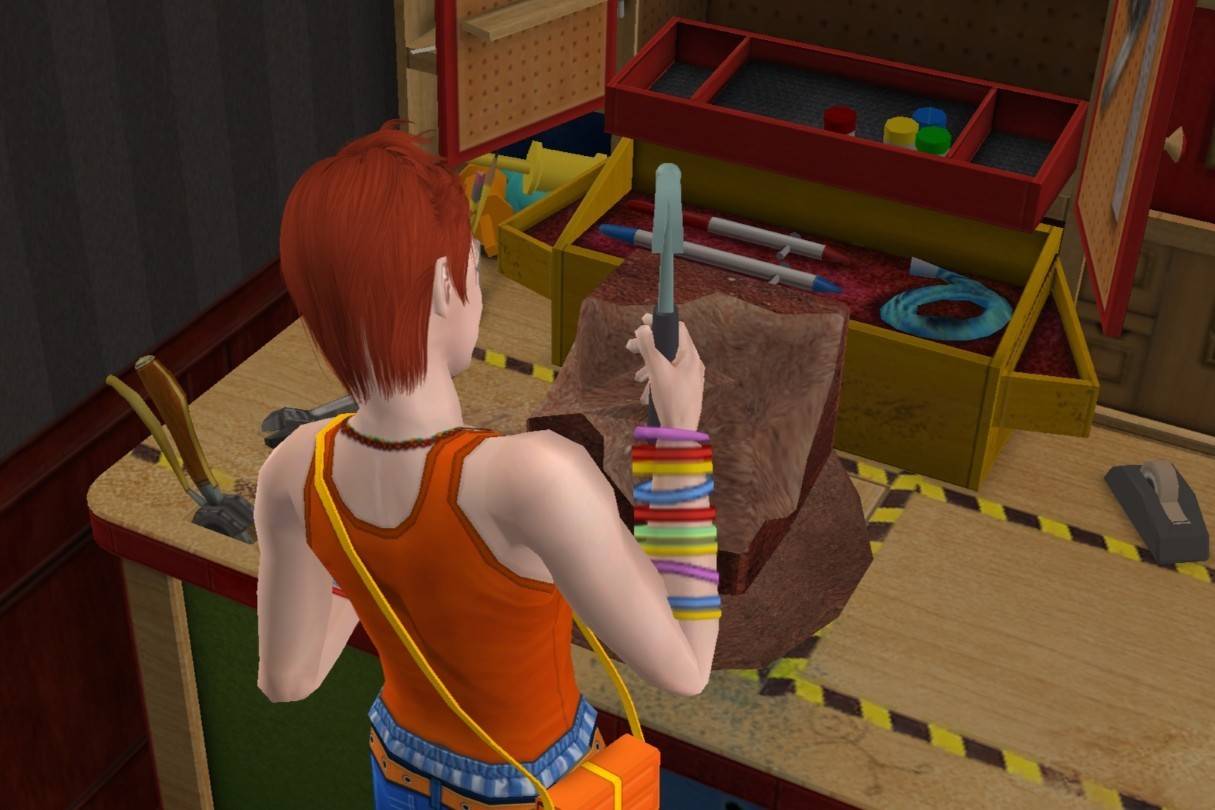 Image: ensigame.com
Image: ensigame.com
FreeTime introduced hobbies with skill-building, social benefits, and unique career opportunities.
A Helping Hand
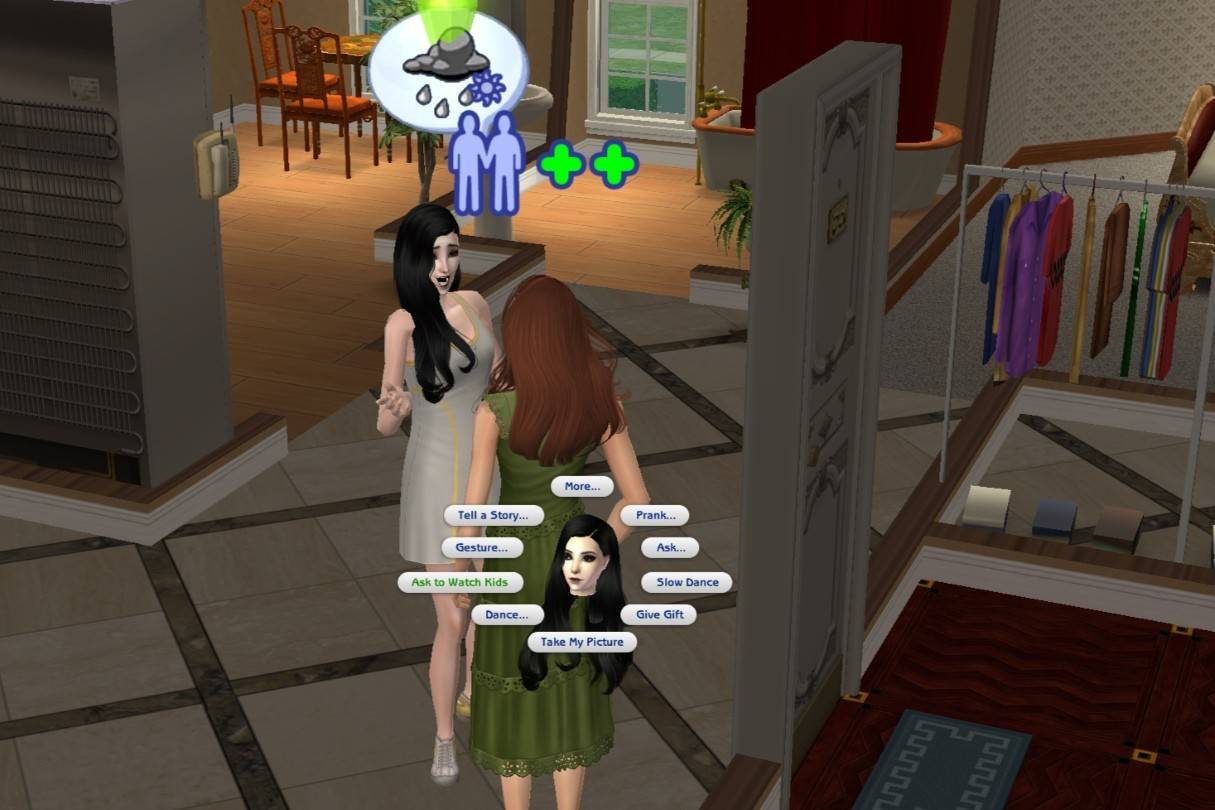 Image: ensigame.com
Image: ensigame.com
Close relationships with neighbors allowed Sims to ask for childcare assistance, offering a personal alternative to hiring a nanny.
The original *Sims* games were groundbreaking in their depth and unique features. While not all may return, they remain cherished memories of what made the franchise special.

 Latest Downloads
Latest Downloads
 Downlaod
Downlaod
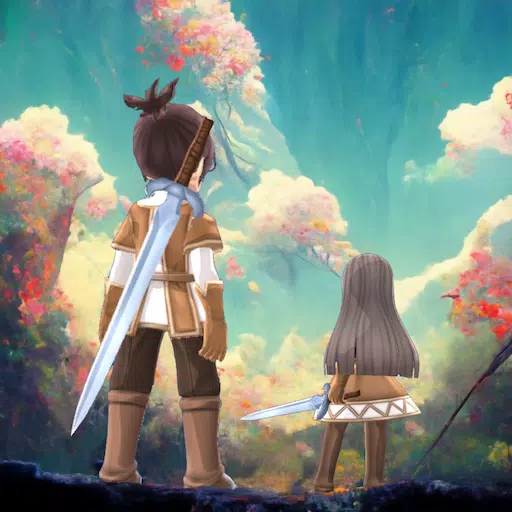

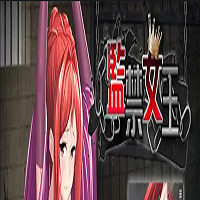

 Top News
Top News